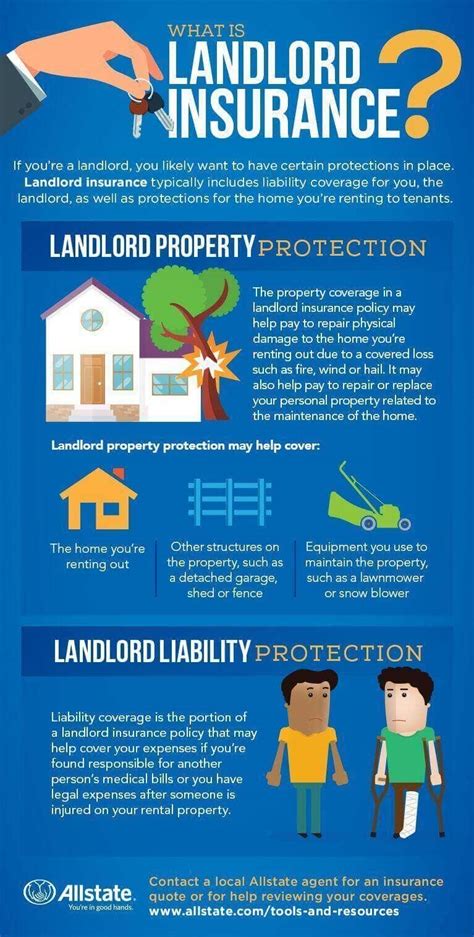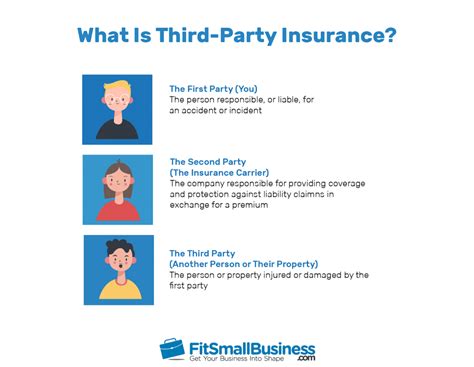Protect your home with earthquake insurance. Learn about coverage options, benefits, costs, and how to purchase. Stay informed and prepared.
Understanding Earthquake Insurance
Contents
Earthquake insurance is a special type of insurance that covers damage and loss caused by earthquakes. It is not typically included in standard homeowners or renters insurance policies, so it’s important for individuals living in areas prone to earthquakes to understand the benefits and coverage options associated with earthquake insurance.
One of the key benefits of earthquake insurance is that it provides financial protection in the event of costly damage to a home or property due to an earthquake. Without earthquake insurance, individuals may be left with the burden of covering repair and replacement costs on their own, which can be a significant financial strain.
There are several coverage options for earthquake insurance, including coverage for the structure of the home, personal belongings, and additional living expenses if the home becomes uninhabitable after an earthquake. It’s important for individuals to carefully review and understand the specific coverage options available to them, as well as any exclusions or limitations that may apply.
The costs associated with earthquake insurancevary based on factors such as the location and value of the home, as well as the level of coverage selected. While earthquake insurance may represent an additional expense, the financial protection it provides in the event of an earthquake can be invaluable.
Individuals interested in purchasing earthquake insurance can do so through insurance providers that offer specialized earthquake coverage. It’s important to shop around, compare quotes, and carefully review policy terms and conditions in order to select the best earthquake insurance policy for their needs.
Benefits of Earthquake Insurance
One of the primary benefits of earthquake insurance is the financial protection it provides in the event of a seismic event. Earthquakes can cause extensive damage to homes and buildings, leaving property owners with hefty repair costs. With earthquake insurance, policyholders can receive compensation for the damages caused by earthquakes, helping them to recover and rebuild without suffering significant financial losses.
Another benefit of earthquake insurance is the peace of mind it offers to homeowners and property owners. Knowing that they are financially protected in the event of an earthquake can alleviate a significant amount of stress and worry. This can be especially important for individuals living in areas prone to seismic activity, where the risk of an earthquake is a constant concern.
In addition, earthquake insurance can provide coverage for additional living expenses if a property becomes uninhabitable due to earthquake damage. This can include the cost of temporary housing, food, and other necessary expenses while the property is being repaired or rebuilt. Such coverage can be essential for homeowners who may otherwise struggle to afford such expenses out of pocket.
Furthermore, earthquake insurance can also protect homeowners and property owners against the potential loss of equity in their properties. In the absence of earthquake insurance, individuals may be forced to sell their properties at a lower value or face foreclosure if they are unable to afford the repair costs following an earthquake. By providing financial protection, earthquake insurance can help to preserve the value of a property and prevent such financial hardships.
Coverage Options for Earthquake Insurance
When it comes to earthquake insurance, there are a few coverage options to consider. One option is a policy that covers only the dwelling, which includes the structure of the home and any attached buildings such as a garage. Another option is to include coverage for personal property, which can protect your belongings inside the home. It’s important to carefully review the details of each coverage option to determine what is best for your individual needs.
Some earthquake insurance policies also offer additional living expenses coverage. This means that if your home is uninhabitable after an earthquake, the policy can help cover the cost of temporary housing and other living expenses. This can provide peace of mind during a difficult time, knowing that you have a place to stay while your home is being repaired or rebuilt.
It’s worth noting that the coverage options for earthquake insurance can vary depending on the insurance provider and the specific policy. Some policies may offer more comprehensive coverage options, while others may have limitations. It’s important to carefully review the terms of each policy and consider seeking guidance from an insurance professional to ensure that you fully understand the coverage options available to you.
In addition to the basic coverage options, many earthquake insurance policies also offer optional endorsements or additional coverage enhancements. This can include coverage for landscaping and other exterior features of the property, as well as increased limits for certain types of personal property. By exploring these additional coverage options, you can tailor your earthquake insurance policy to better meet your specific needs and provide enhanced protection for your home and belongings.
Costs Associated with Earthquake Insurance
When considering earthquake insurance, one of the major factors to take into account is the cost. The cost associated with earthquake insurance can be influenced by a variety of factors that are important to understand. It’s crucial to consider the potential cost of not having earthquake insurance in the event of a disaster.
One of the main factors that can affect the cost of earthquake insurance is the location of the property. If the property is located in an area that is prone to earthquakes, the insurance premium is likely to be higher. Additionally, the age and type of construction of the property can also impact the cost of earthquake insurance. Older buildings or those with a higher risk of damage may have higher premiums.
Another factor that can affect the cost is the coverage limits. The higher the coverage limits, the higher the premium is likely to be. It’s important for property owners to carefully consider their coverage needs and balance them with their budget.
There are also deductible costs to consider when it comes to earthquake insurance. Property owners will need to pay a deductible before their earthquake insurance coverage kicks in. The amount of the deductible can vary and can impact the overall cost of the insurance.
It’s important to carefully weigh the costs associated with earthquake insurance against the potential financial impact of not having coverage in the event of an earthquake.
How to Purchase Earthquake Insurance
When it comes to protecting your home and property from potential earthquake damage, purchasing earthquake insurance can provide valuable peace of mind. If you live in an area prone to earthquakes, it’s important to consider obtaining this type of insurance to safeguard your investment. Here are the steps to take when purchasing earthquake insurance:
Evaluate Your Risk: Before purchasing earthquake insurance, it’s important to assess the level of seismic activity in your area. Understanding the likelihood of an earthquake occurring can help you determine if earthquake insurance is a necessary investment for your property.
Compare Insurance Providers: Research and compare different insurance providers that offer earthquake insurance. Look for providers that have a strong reputation and positive customer reviews. Consider the coverage options, deductibles, and premiums offered by each provider.
Consult with an Insurance Agent: Schedule a consultation with an insurance agent to discuss your specific needs and the coverage options available. An experienced agent can provide valuable insights into the type of coverage that best suits your property and budget.
Review Policy Details: Once you have selected an insurance provider, carefully review the policy details to fully understand the coverage and exclusions. Be sure to ask any questions you may have and clarify any uncertainties before finalizing the purchase.
Purchase the Policy: After completing the necessary research and consulting with an insurance agent, proceed with purchasing the earthquake insurance policy that best aligns with your needs and budget. Keep a copy of the policy for your records and stay informed about any updates or changes to your coverage.












